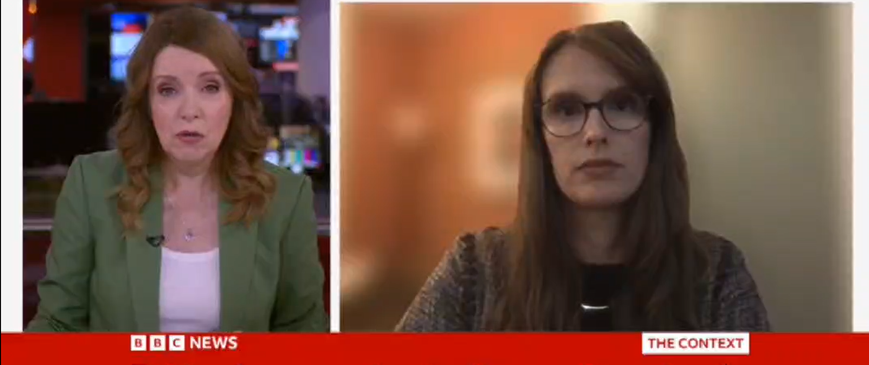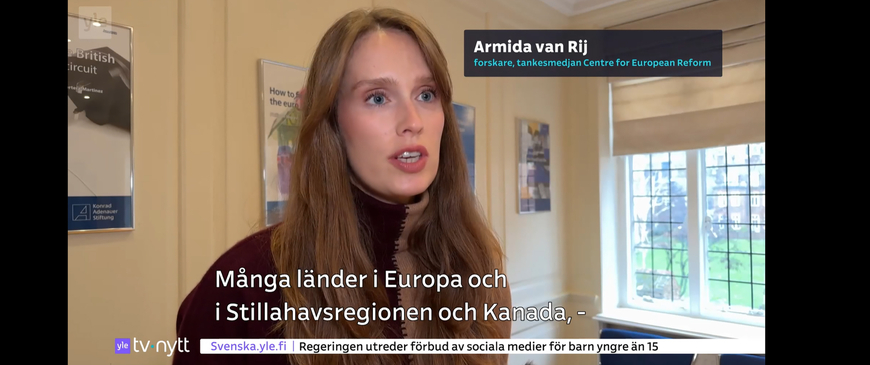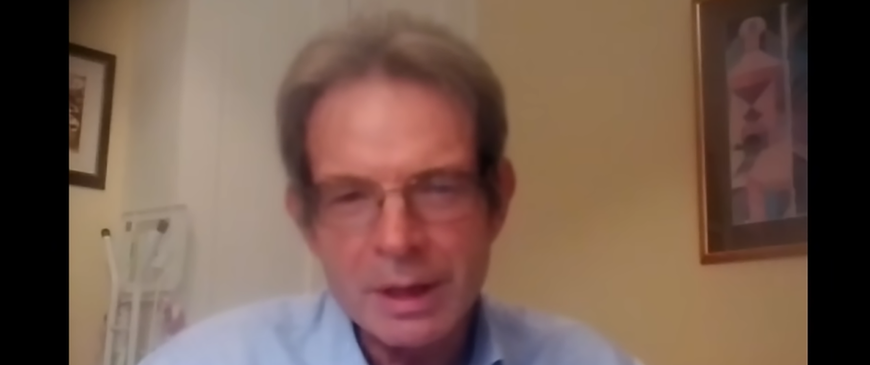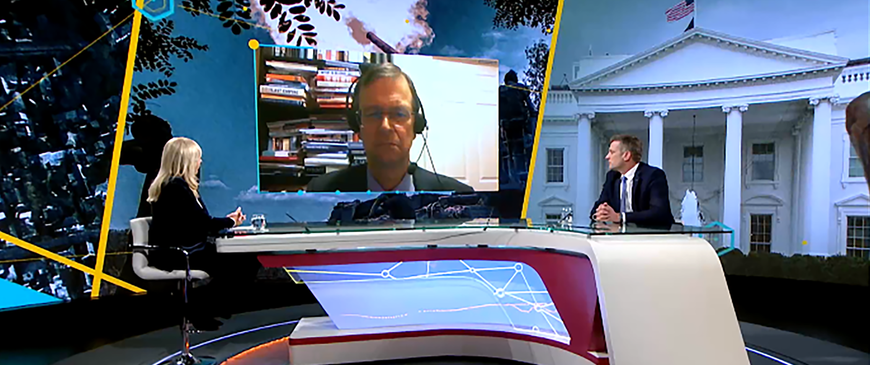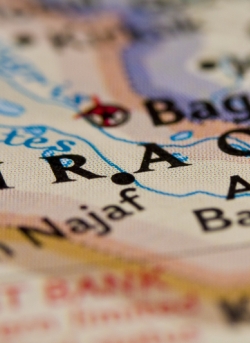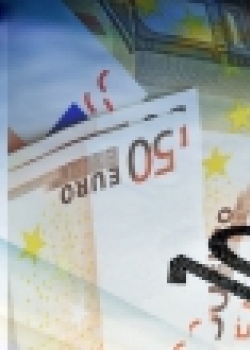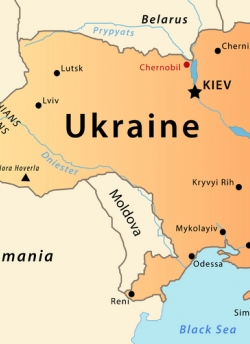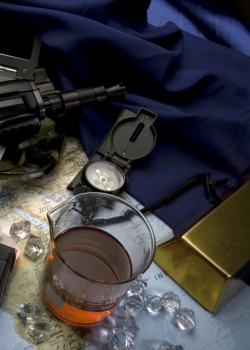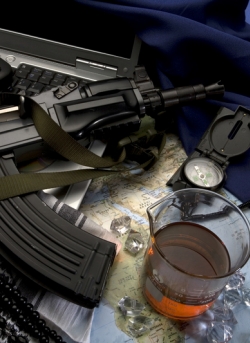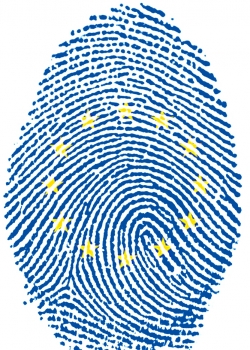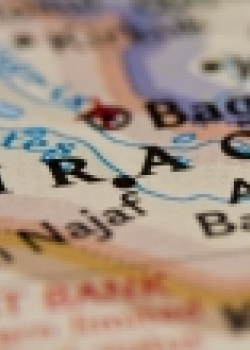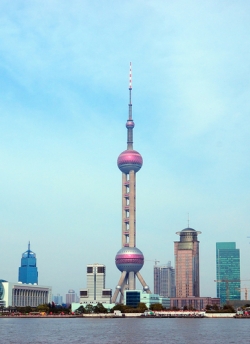Press
Can the EU deal with its unruly neighbours?
21 December 2006
European Voice
What future security and defence challenges should the EU prepare for?Europe should be worried about the spread of weapons-of-mass-destruction (WMD), failing states and terrorism. In fact it already is.
Europe must do more to embrace its neighbours
12 December 2006
Financial Times
The enlargement of the European Union has lost momentum. Bulgaria and Romania will enter the EU in January, but there is then likely to be a long gap before any other country joins.
Turkey and the European Union: Don’t despair
27 November 2006
Open democracy
The accession of Turkey to the European Union is beset by troubles. It needn’t be if both sides concentrate on the positives, the big picture and the long term, says Katinka Barysch.
The relationship between Turkey and the European Union, never easy, has taken a turn for the worse. The dispute...
The relationship between Turkey and the European Union, never easy, has taken a turn for the worse. The dispute...
Failed EU entrance could mean stronger ties to Russia
26 November 2006
Zaman online
According to a British think-tank, the Centre for European Reform (CER), if EU membership negotiations were postponed, Turkey would look for a new alliance, perhaps in Russia.
Europe-Amérique: un dialogue possible malgré les divergences
14 November 2006
Les Temps
Sur l'Irak en particulier, la discussion peut reprendre, mais les divergences subsistent.Donald Rumsfeld parti, les fractures causées en Europe par le conflit irakien vont-elles perdurer? Et le dialogue transatlantique va-t-il se normaliser?
What to do about Russia?
22 October 2006
The Guardian
Perhaps the most important challenge for EU foreign policy is to develop a more unified approach to Russia. The EU member-states have very similar interests in Russia.
How to ensure the eurozone does not unravel
04 October 2006
Financial Times
The euro has to be a success if Europe is to flourish. Unfortunately, diverging trends in competitiveness within the eurozone threaten its stability.
Slow reform could bust up eurozone
19 September 2006
Business Week
The eurozone risks breaking up in the near future putting the entire EU single market into jeopardy unless member states – particularly Italy - undertake crucial economic reforms, according to a new report.
Entitled Will the eurozone crack?, the report by the London-based Centre for European Reform, argues that instead of...
Entitled Will the eurozone crack?, the report by the London-based Centre for European Reform, argues that instead of...
How Gordon sees the world
26 August 2006
The Spectator
Imagine the scene. It is 2007. The pale November sun is slowly melting the frosted roofs of Camp David. A throng of journalists — bristling with cameras, arc lamps and microphones — jostle for position around two podiums.
At last, some hope for Ukraine
04 August 2006
The Guardian
The formation of a new government - four months after parliamentary elections - is good news for Ukraine. The coalition is broad-based: the party of President Victor Yushchenko, Our Ukraine, has strong roots in the rural west of the country; the Regions party, led by the new prime minister, Victor Yanukovich, dominates the east; and the Socialist party, the third member of the coalition, is popular among farmers in the centre.
Organised crime and punishment?
07 July 2006
E!Sharp
Open borders and new technologies have turned Europe into a land of opportunity for criminal gangs. Hugo Brady of the Centre for European Reform asks whether the EU is up to the challenge.
Adieu, Europe?
29 June 2006
Open democracy
The machinery of the European Union has recovered from the shock of the failed French and Dutch referenda, but not the heart that pumps it, says Aurore Wanlin.
When the French and the Dutch voted against the draft European Union constitution in May 2005, many thought this was an unprecedented crisis...
When the French and the Dutch voted against the draft European Union constitution in May 2005, many thought this was an unprecedented crisis...
Europe's crime without frontiers
21 June 2006
The Yorkshire Post
Europol, the European Union's police office, has warned governments of a clear and present threat from transnational gangs trafficking in arms, drugs and people; as well as running counterfeiting and money-laundering rackets.
Europe challenges organised crime
02 June 2006
G4S International
A new Europol threat assessment will focus efforts to tackle rising gang crime in the EU, writes Hugo Brady of the Centre for European reform.
What new transatlantic institutions?
01 June 2006
European Affairs
The last two years have seen a rapprochement across the Atlantic. The elevation of new personnel – such as Condoleezza Rice to the State Department and Angela Merkel as German Chancellor – has helped to remove some of the bitterness that the Iraq confrontation had left behind.
Sluggish EU 'Lisbon Agenda' bodes ill for modernisation
01 June 2006
European Affairs
Europe has gotten off to a bad start in 2006 with a fresh battering of the 'Lisbon agenda.' Protectionism is on the rise across the European Union.
Belarus blue
15 March 2006
The Wall Street Journal
To a first-time visitor, the capital of Belarus seems normal. People look content, streets are clean and orderly, and cafés ring with lively and frank exchanges.
Drinking the Kool-Aid
01 February 2006
Prospect
Was the Iraq adventure doomed to fail or did the US administration mess it up? A new crop of books suggests that the nation-builders of Iraq were fighting the right war in theory but not in practice.
The Iraq war started as a war of ideas. It erupted from the most...
The Iraq war started as a war of ideas. It erupted from the most...
Viewpoints: Europe's way forward
30 January 2006
BBC News
Confidence - A lot of the sense of crisis is self-generated. As soon as European leaders start dealing with pressing problems in a visible way, like building up the foreign policy machinery, dealing with migration and terrorism and modernising their economies and welfare states, then citizens will be less sceptical.
The great firewall of China will fall
26 January 2006
The Daily Telegraph
Google, the popular search engine that floated on the stock market last year, has not abandoned its corporate motto: "Don't be evil".

